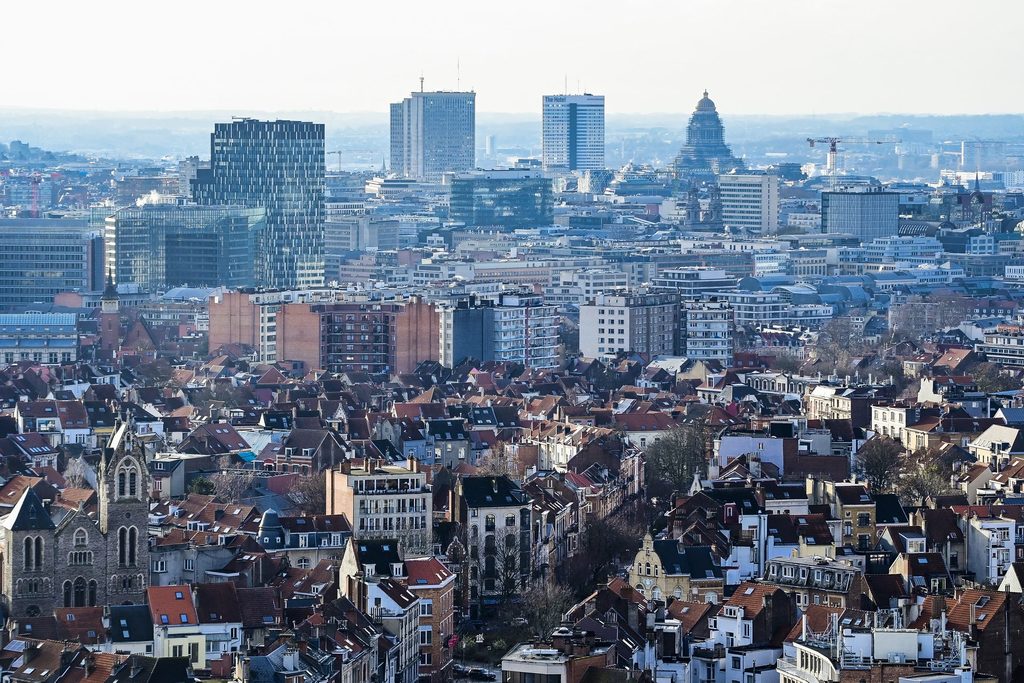Belgium performs significantly worse in terms of generational poverty compared to all its neighbouring countries, according to new figures from Eurostat, which highlight the extent of the country's problem.
In Belgium, those who grew up in a stable financial situation have a 7.7% chance of falling into poverty later in life. For those who grew up in poverty, this rises to 20.1%.
This 12.4 percentage point difference is well above the European average of 7.6 percentage points, placing Belgium as the fifth worst in the EU.
"Once again, these figures confirm what we have long known: poverty is particularly persistent in our country," said poverty expert Wim Van Lancker of KU Leuven.
Van Lancker points to a policy focus on work incentives as a possible reason for this persistence. "Work reduces the risk of poverty, but long waiting lists for childcare and social housing perpetuate the poverty cycle."
In Flanders, those on the social housing waiting list must live in the same municipality for at least five years, making it challenging to move for job opportunities. "Similarly, prioritising working parents for childcare does not lift families out of poverty," Van Lancker added.
Bulgaria tops the European list with a 33.7 percentage point difference, followed by Romania, Italy and Hungary.
Belgium is next, whereas its neighbours fare much better. In the Netherlands, the gap is only 3.3 percentage points, and in France, it is just 2 points.
Eastern European countries like Slovakia and Poland also show better results, with differences of 9.8 and 4.2 percentage points, respectively.
"Belgium’s policies often have good intentions but achieve the opposite effect. Even social benefits are relatively low, pushing those who struggle further into poverty," Van Lancker concludes.

